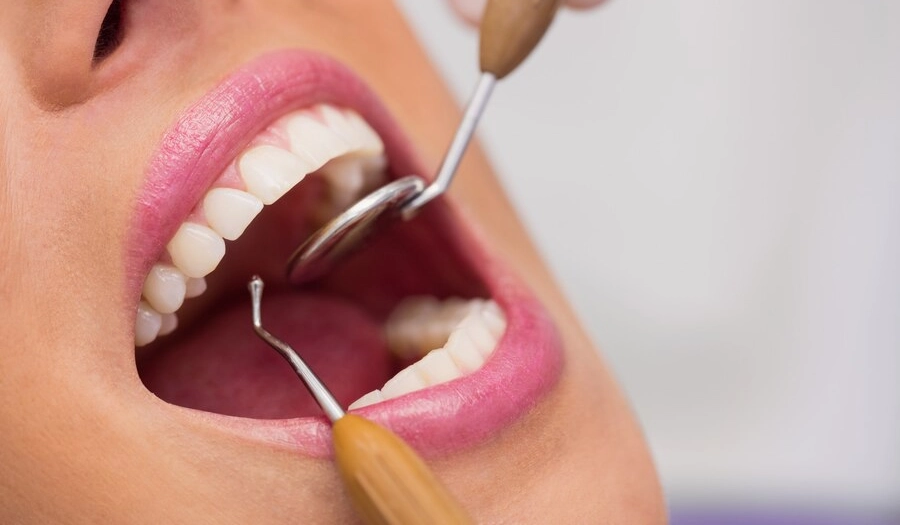
Will I Lose My Tooth After a Root Canal?
At Dentsee Dental Clinic, we understand that the idea of undergoing Root Canal Treatment in Wakad can be daunting for many. A common concern is the fear of losing the tooth despite the procedure. However, root canal therapy is specifically designed to save your natural tooth and eliminate the need for extraction.
With the right care and maintenance, this treatment can successfully preserve your tooth, allowing you to maintain your natural smile and avoid future complications. Our experienced team at Dentsee Dental Clinic is dedicated to providing expert care to ensure the best outcomes for our patients.
The Purpose of a Root Canal The primary goal of a root canal is to remove the infected or inflamed pulp tissue from inside the tooth. This inner pulp chamber contains nerves and blood vessels that are no longer needed once the tooth has fully developed and emerged from the gums.
If left untreated, a deep cavity or crack in the tooth can allow bacteria to infect the pulp chamber, causing severe pain and an increased risk of abscess formation.

Removing Infected Material During a root canal, the dentist or endodontist carefully removes all of the pulp tissue along with any bacteria, decay, and debris from the inner tooth. They then clean, disinfect, and seal the root canals and pulp chamber to prevent future infections. This process halts the spread of infection and alleviates the pain caused by pulp inflammation.
Restoring the Tooth After Treatment Provided there are no complications, the root canal procedure allows you to keep your natural tooth root in place. However, the tooth does become brittle after the living tissue is removed. To protect and strengthen the tooth after a root canal, the final step is placing a permanent dental crown or other restoration on top of the tooth. With this protective crown, the tooth should be as functional as your other healthy teeth.
Potential Failures are Rare For the vast majority of patients, a tooth will not need to eventually be extracted after a successful root canal treatment. However, there are a few rare cases that could necessitate extraction down the road:
- Failure to properly clean and seal all root canals, allowing re-infection
- New decay or fracture in the brittle tooth structure
- Severe fracture or crack extending into the root
- Extensive bone loss around the root tips
With proper aftercare like crowns, good oral hygiene, avoiding excessive force, and regular dental visits, teeth treated with root canals can last a lifetime. While no procedure is 100% guaranteed, when performed properly root canal therapy is an extremely reliable method to save an infected natural tooth from needing to be extracted.

